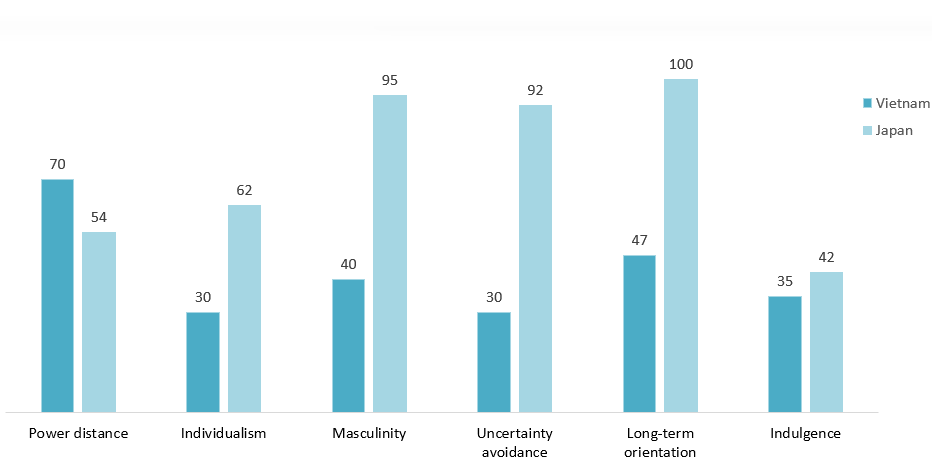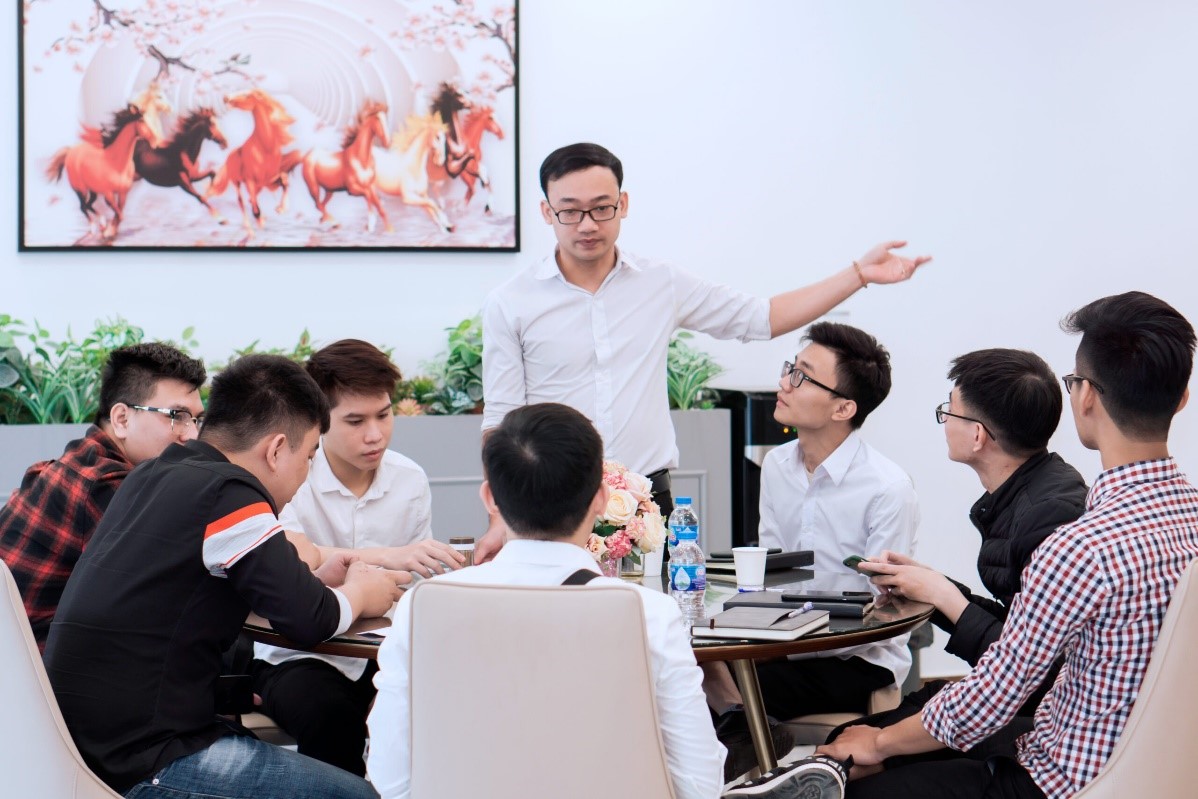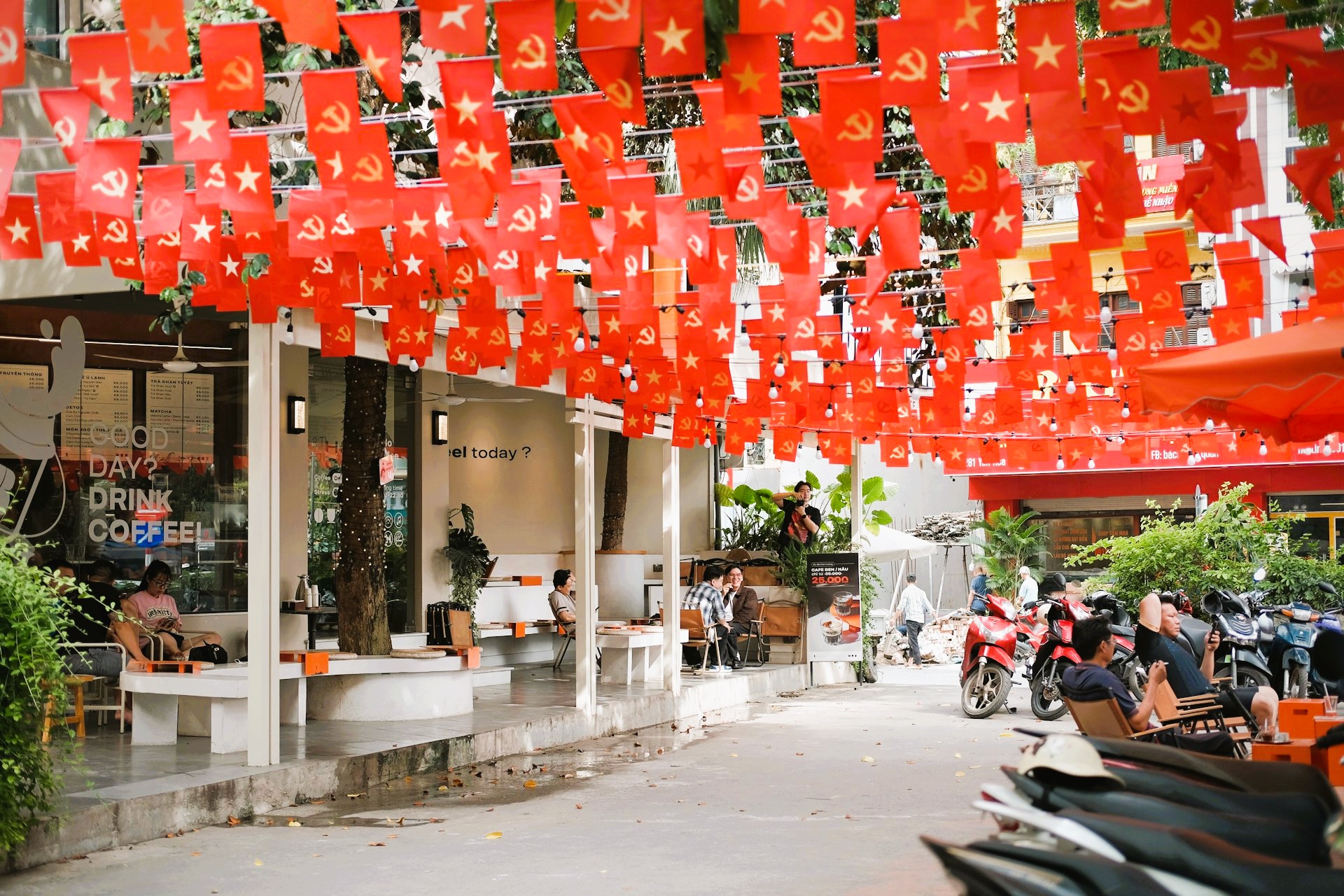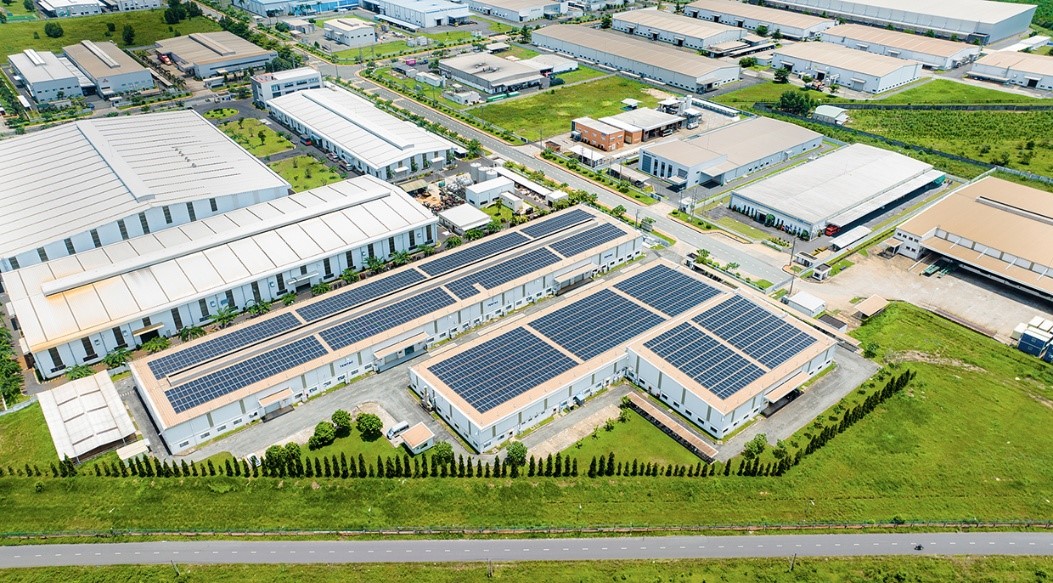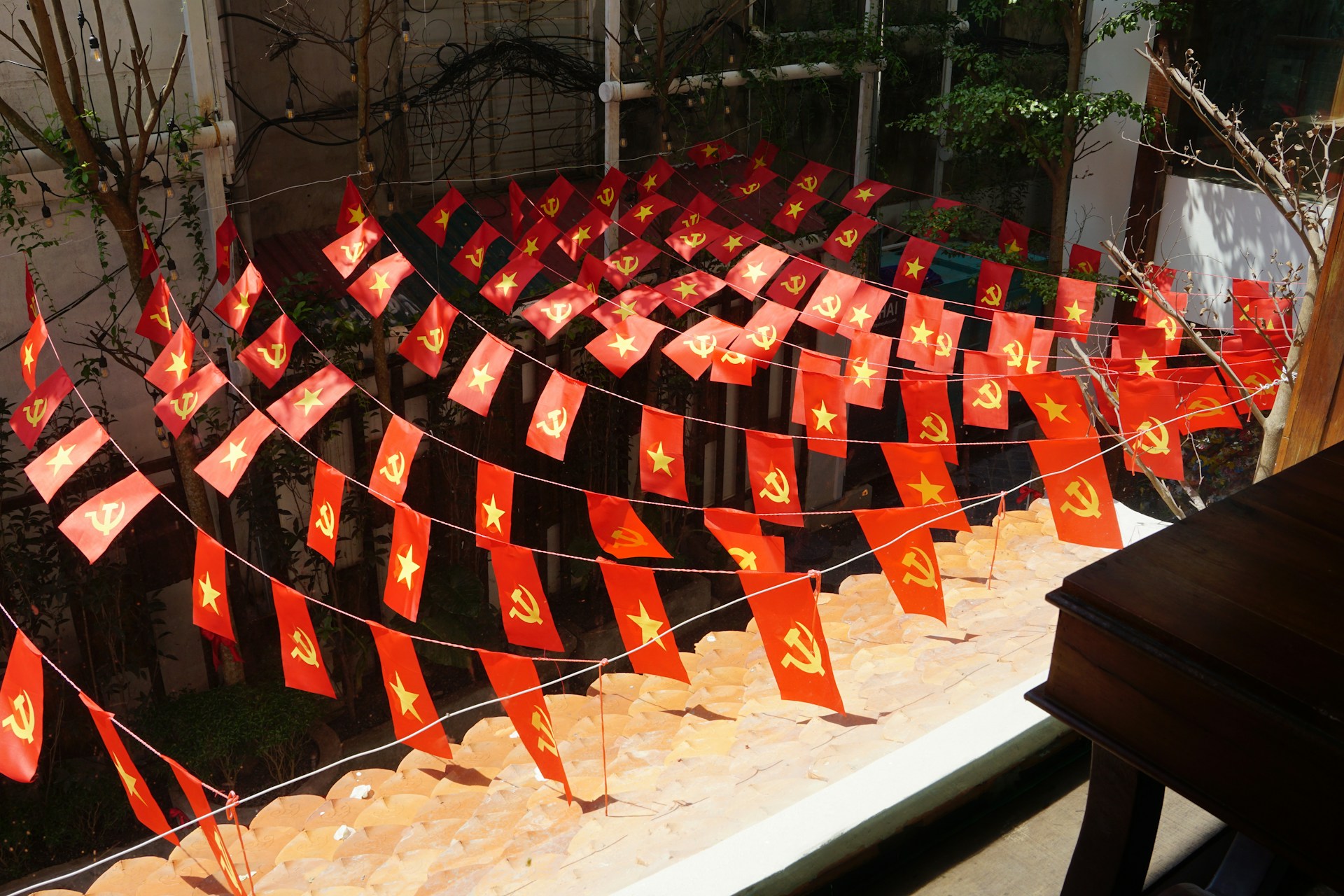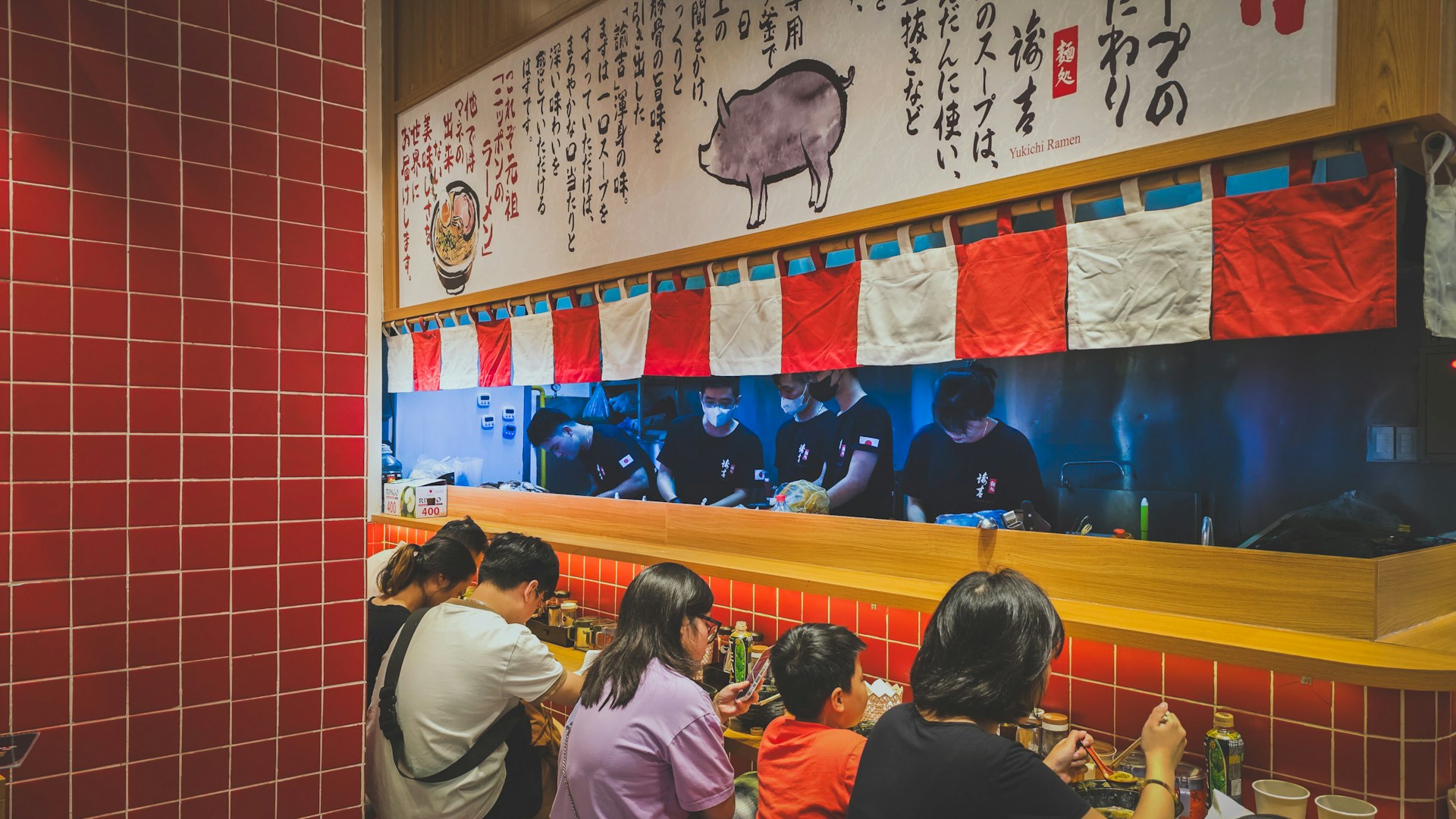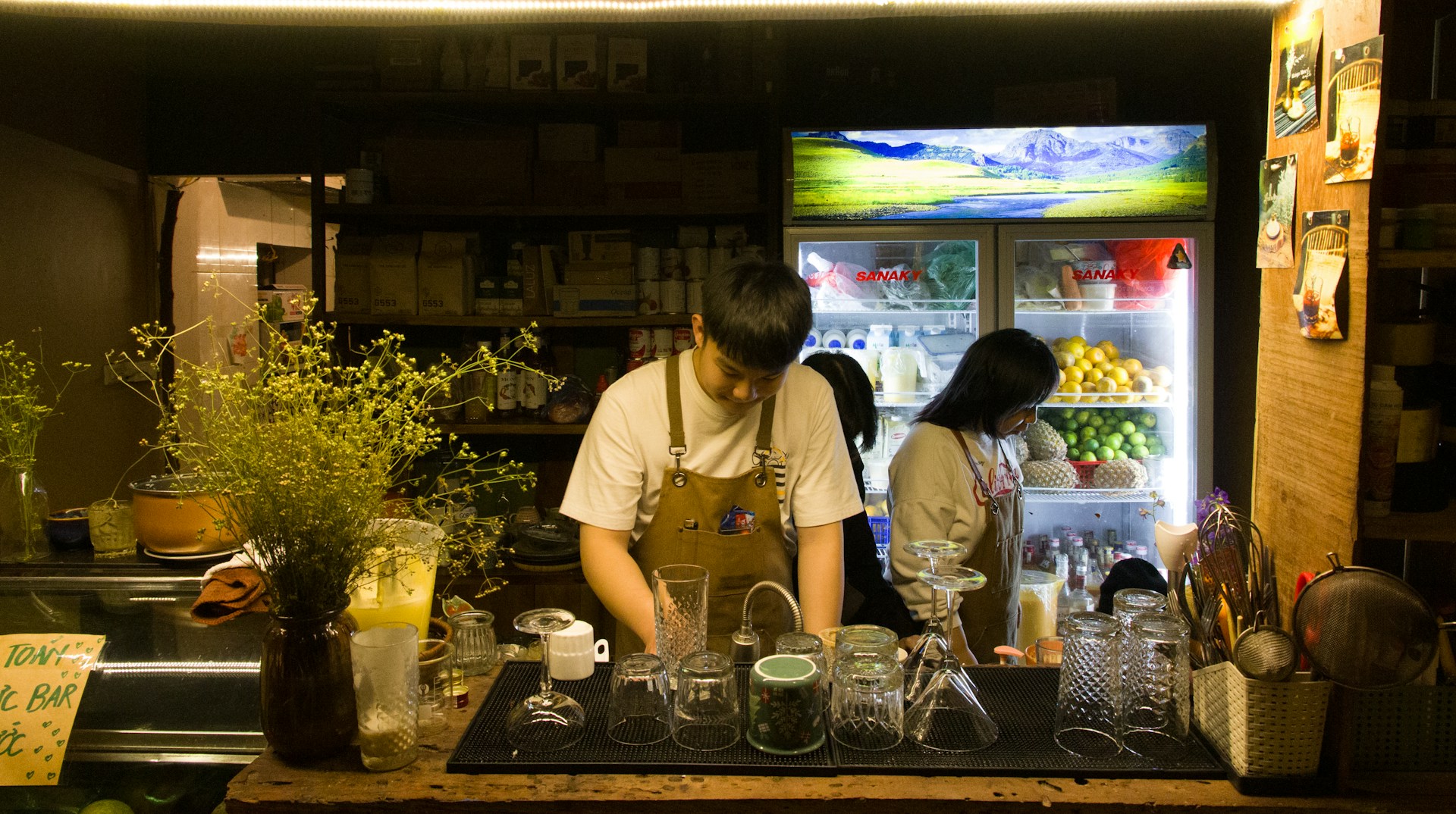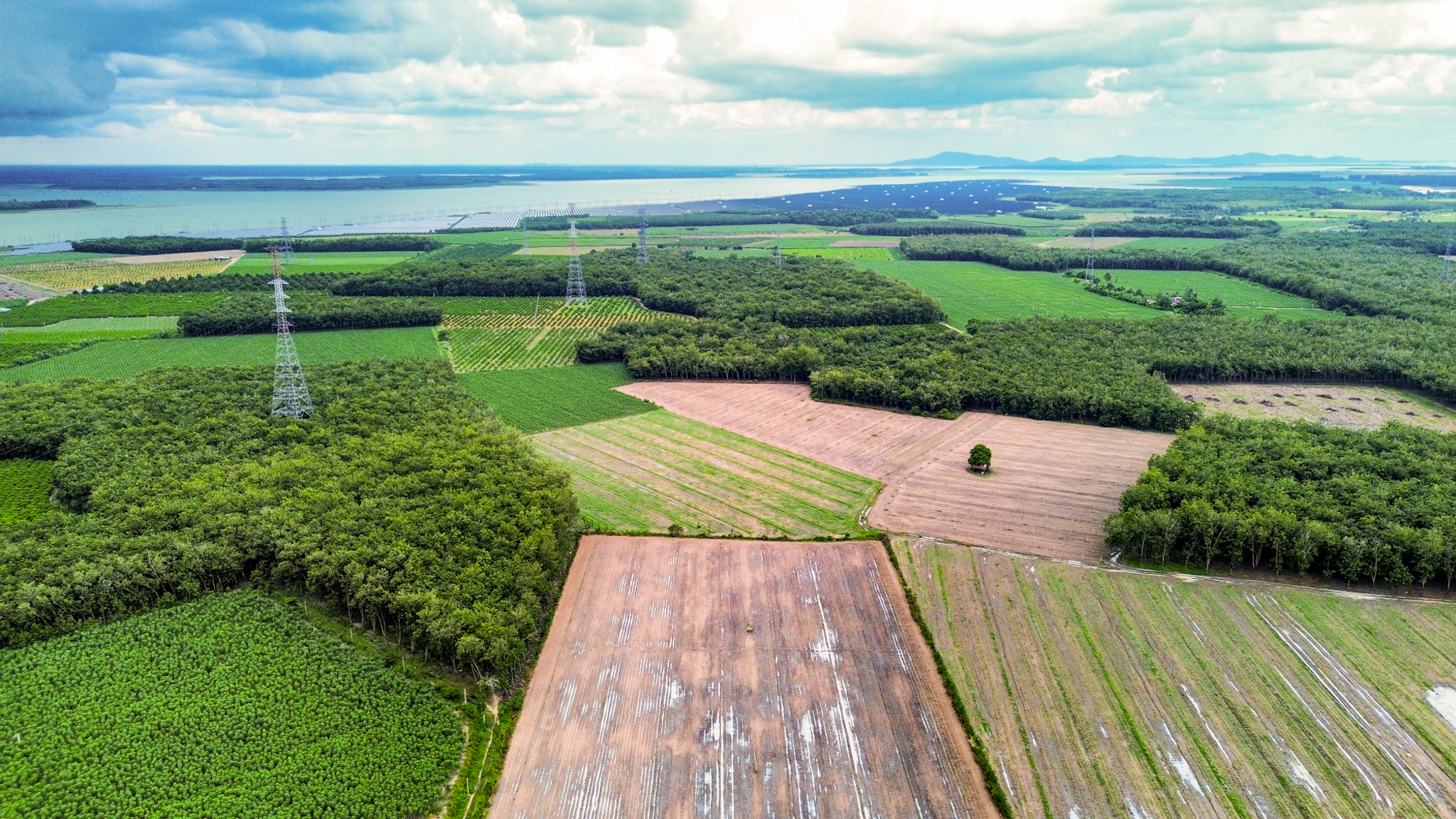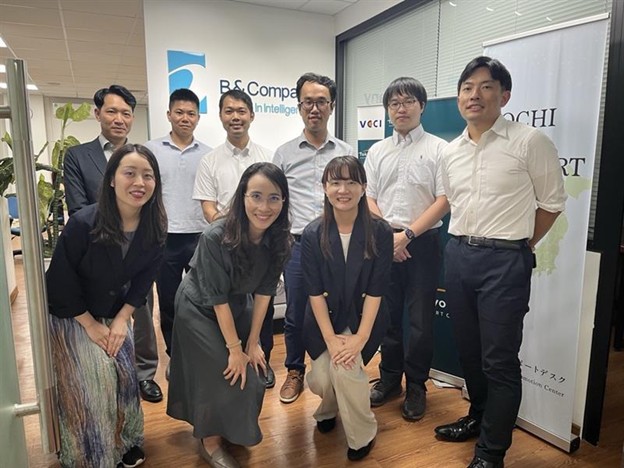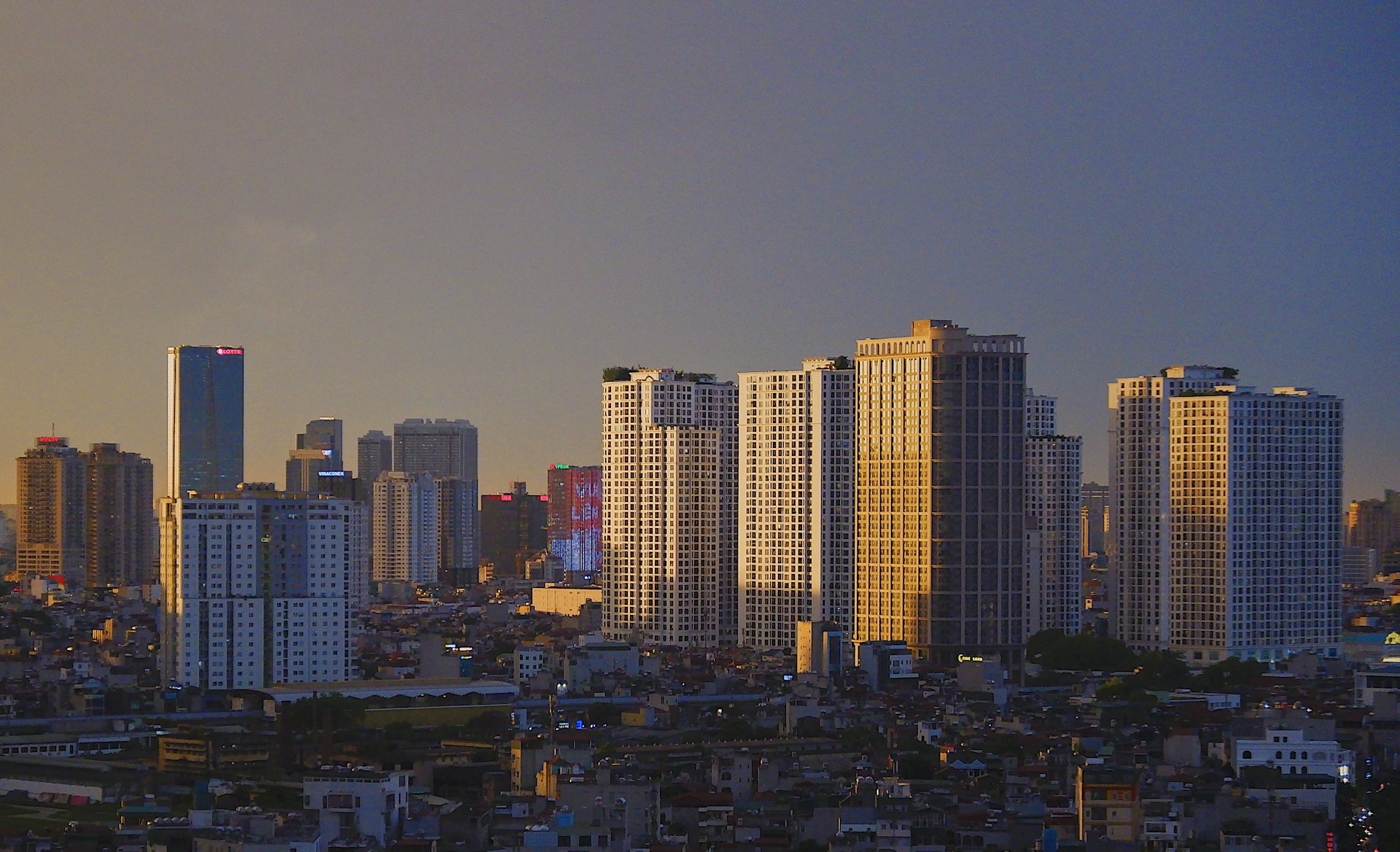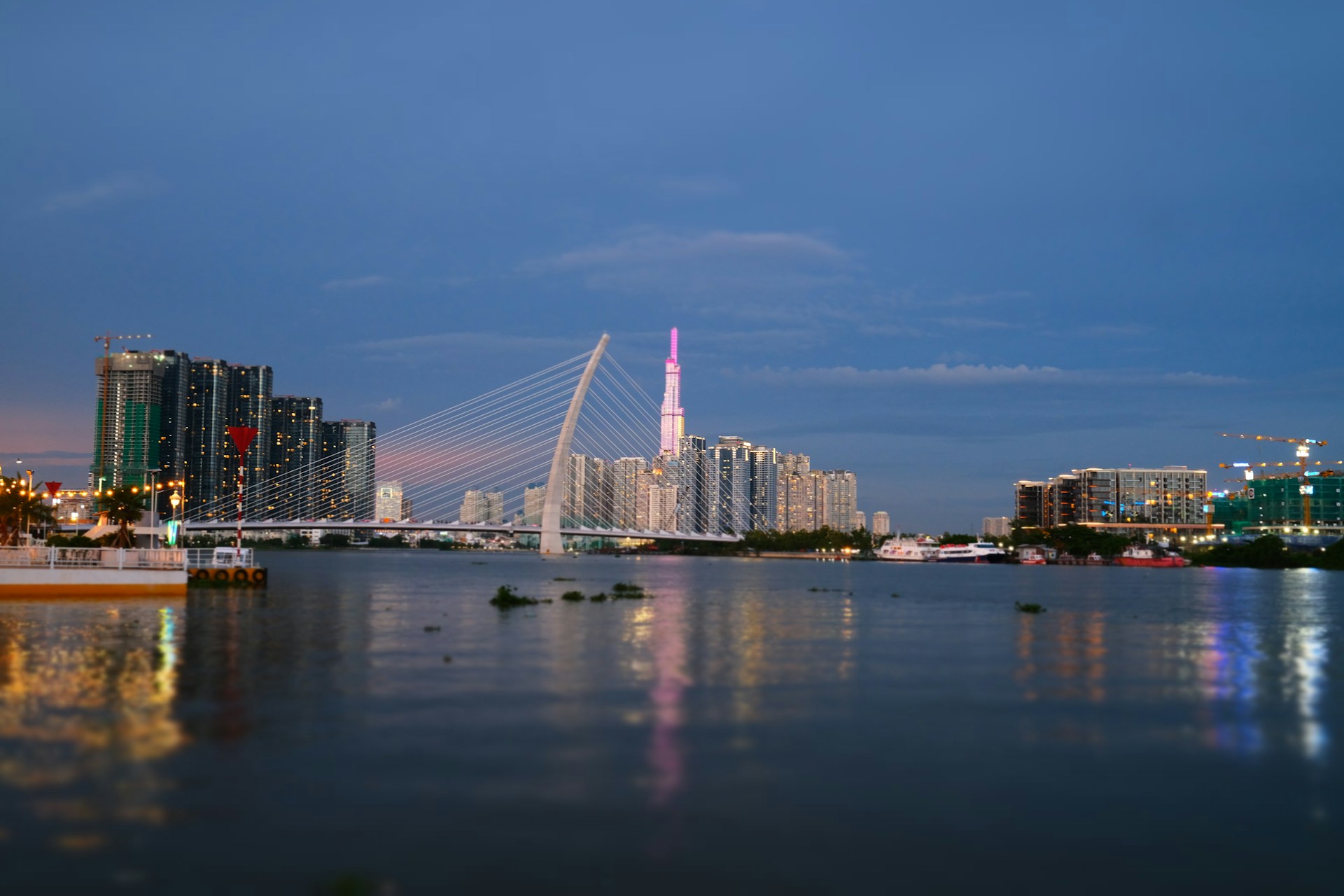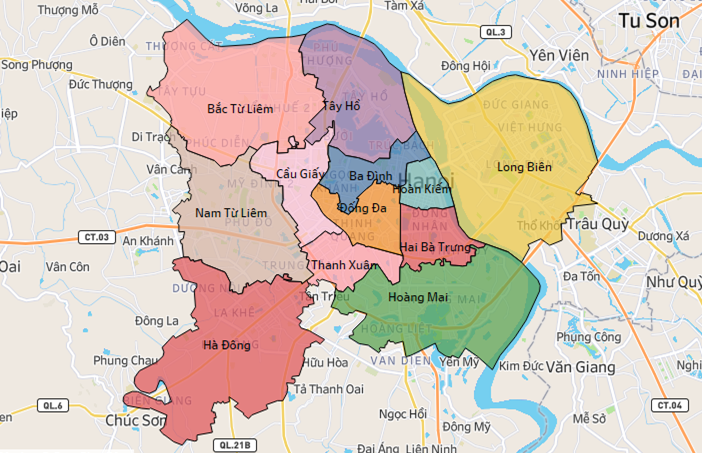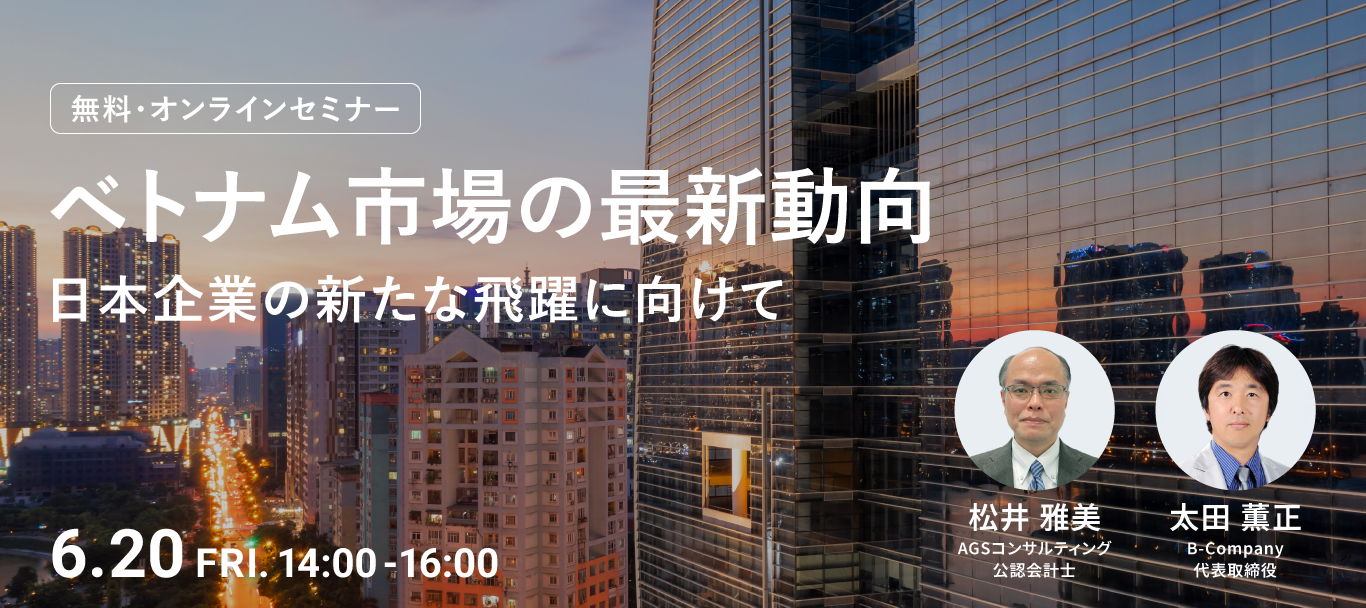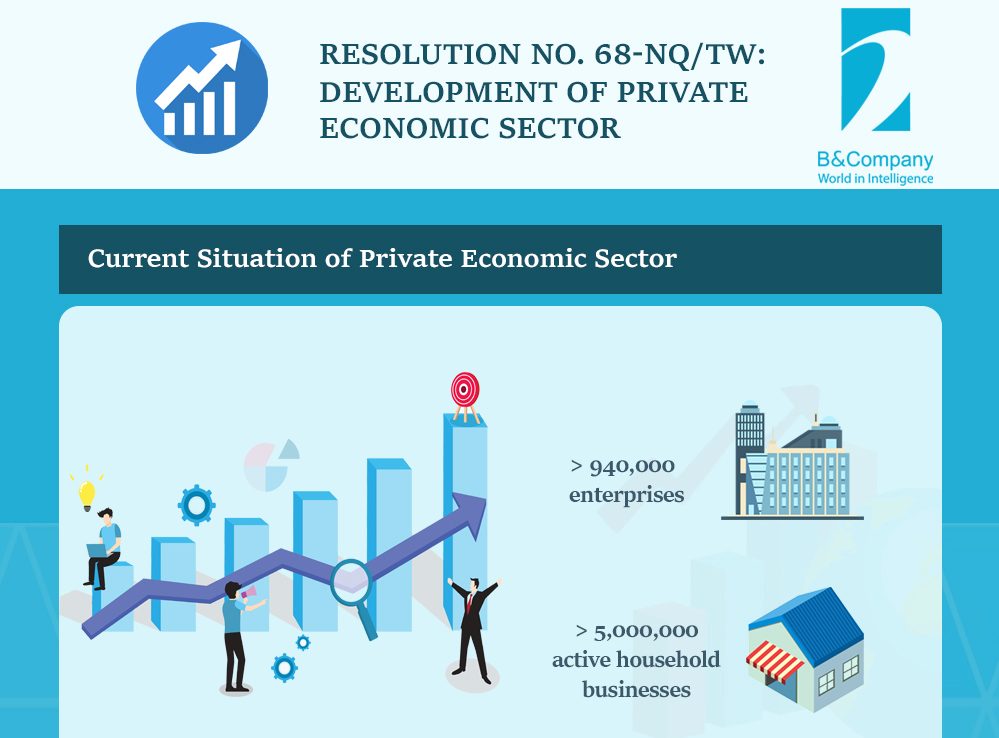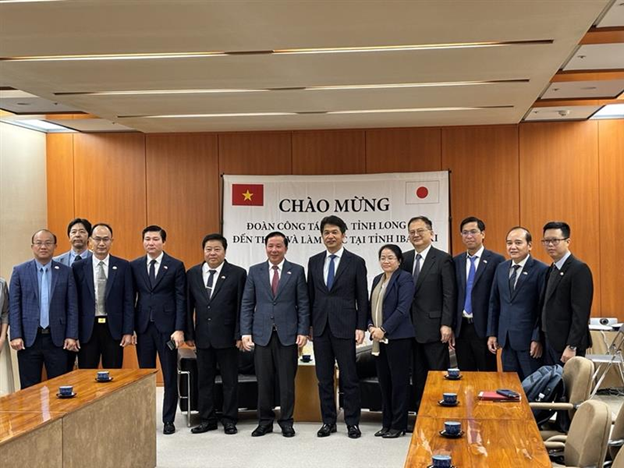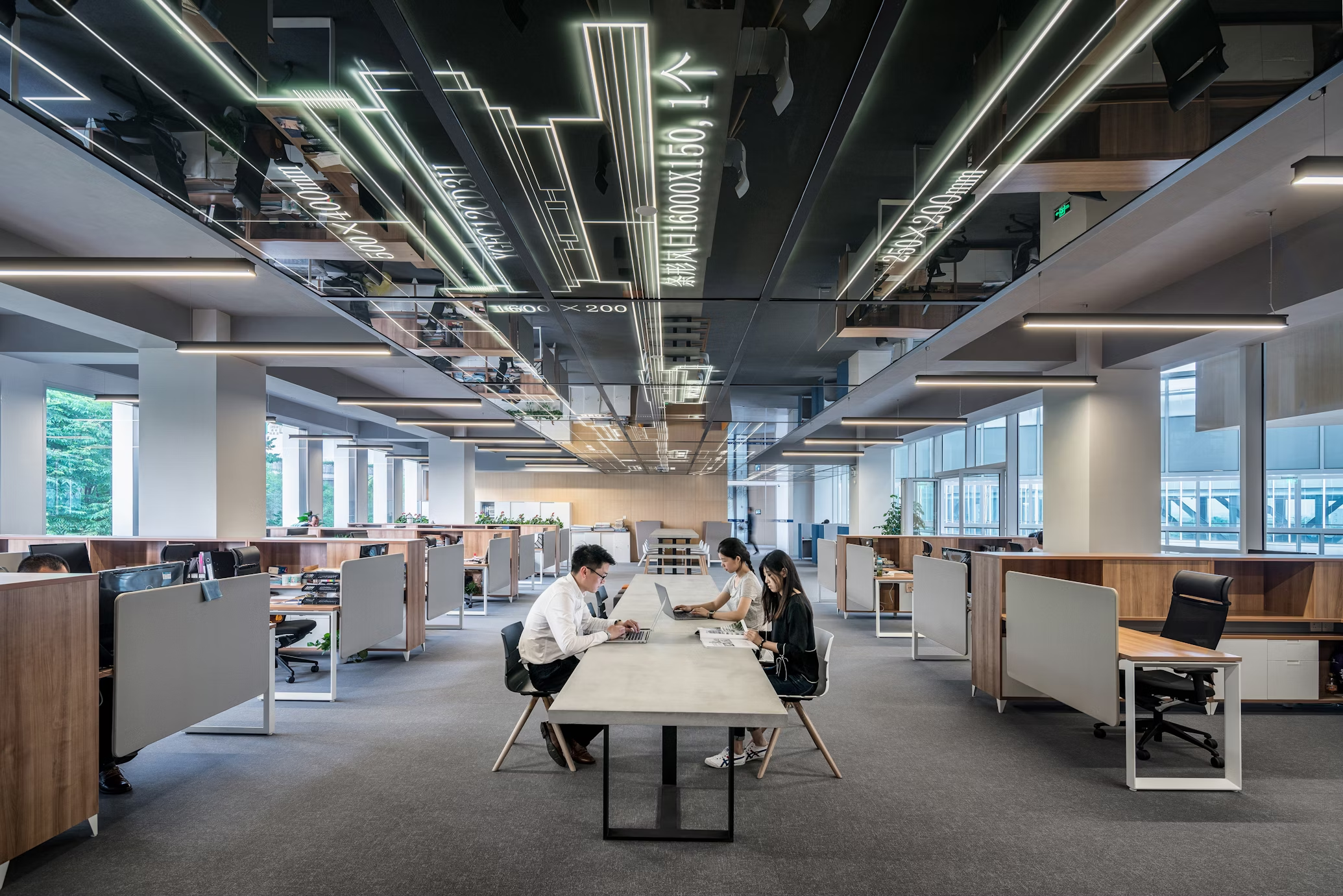
09Apr2025
Latest News & Report / Vietnam Briefing
Comments: No Comments.
Abstract
Japanese investment in Vietnam has been rapidly increasing, with the number of Japanese enterprises entering the Vietnamese market continuing to rise in recent years. In 2023, Japan ranked second in newly registered FDI, accounting for nearly 7 billion USD, with a CAGR of 13% from 2019 to 2023[1]. By applying Hofstede’s six cultural dimensions framework, Japanese businesses can more effectively manage operations in the Vietnamese market, build stronger partnerships with local talents and enterprises.
Culture Different Between Japan and Vietnam in Work Business
On November 27th, 2023, Japan officially became Vietnam’s sixth comprehensive strategic partner, marking a significant step forward in the bilateral relationship[2]. In addition, as of 2025, Japan is Vietnam’s largest provider of official development assistance (ODA) and labor cooperation, the third-largest investor, and the fourth-largest trade and tourism partner[3]. Thanks to this strong partnership and growing investment ties, the number of Japanese enterprises in Vietnam has increased noticeably over the past five years.
Number of Japananese enterprises in Vietnam from 2018 – 2023
Unit: Enterprises

Source: B&Company Enterprises Database
By 2023, the number of Japanese companies operating in Vietnam had surpassed 3,000, with a CAGR of 4% between 2018 and 2023. As investment demand in Vietnam continues to rise, understanding business culture has become essential for any company aiming to expand internationally.
Hofstede’s six cultural dimensions framework serves as a practical tool that offers businesses from different countries an in-depth view of cultural differences, providing valuable insights for strategic decision-makers to manage multinational operations more effectively. Overall, Japan and Vietnam show relatively similar scores in Indulgence and Power Distance, while the other dimensions reveal significant differences between the two cultures.
Hofstede 6 Culture Dimension Between Japan and Vietnam[4]
Source: The Culture Factor Group
Power distance
Vietnam scores 70 on Hofstede’s power distance index, while Japan scores 54. This indicates that both countries maintain hierarchical organizational structures, but Vietnam has a significantly stronger acceptance of unequal power distribution. In Vietnamese workplaces, authority is rarely challenged, and subordinates often rely on top-level decisions without expecting open dialogue. Japanese businesses, although still hierarchical, are more likely to incorporate structured feedback and involve team members in consensus-based decision-making.
For instance, a Japanese manufacturing firm expanded its operations into southern Vietnam, it initially applied its internal communication model that encouraged feedback from junior employees. However, Vietnamese staff were reluctant to speak up during meetings, often waiting for direct instructions from senior managers. This was misinterpreted by the Japanese team as passiveness or lack of initiative. After recognizing the cultural gap, the company adjusted by appointing local team leads who could act as intermediaries—respecting hierarchy while gradually encouraging more open communication. Productivity and team morale noticeably improved once the leadership style was adapted to fit the local expectations[5].
Example of Vietnam Working Environment
Source: Duanta Hanoi
Individualism
Japan scores 62 on Hofstede’s individualism index, while Vietnam scores 30, highlighting a notable cultural gap in how individuals relate to groups in professional settings. In Japan, although teamwork is important, employees are generally encouraged to take personal initiative and be accountable for their individual contributions. Autonomy in decision-making and a sense of personal ownership over tasks are often expected, even within a structured group dynamic.
In contrast, Vietnam’s low score reflects a strong collectivist culture, where individuals prioritize group harmony, loyalty, and seniority. Companies in Vietnam are commitment to the “member” group, be that a family, extended family, or extended relationships. Decisions are often made collectively, and there is a strong emphasis on maintaining face and avoiding direct confrontation. Employees may hesitate to express dissenting opinions, especially in the presence of authority figures, to preserve group cohesion and respect social hierarchy.
Collectivism culture in Vietnam
Source: Cafebiz
Masculinity
Japan scores 95 on Hofstede’s masculinity index, while Vietnam scores 40. This sharp contrast reflects fundamentally different approaches to ambition, competition, and workplace motivation. Japan ranked the highest in the world in masculinity, indicating a strong emphasis on achievement, success, and performance. Japanese employees are often driven by goals, recognition, and a desire to excel. This results in highly competitive work environments, with long working hours, often overtime work and a deep-rooted pursuit of professional advancement.
Vietnam, by contrast, scores much lower, reflecting a more feminine culture. In Vietnamese workplaces, quality of life, interpersonal relationships, and work-life balance are more valued than aggressive pursuit of success. Cooperation, modesty, and group well-being tend to outweigh individual ambition, and success is often defined more collectively or relationally rather than by measurable outcomes alone. A survey conducted in 2022 by YouGov over 1,000 people, in the age of 25-34, concludes that more than 70% of respondents chose “work-life balance” as the priority in accepting a job offer[6].
Vietnamese priorities more on a work-life balance workplace
Source: VnExpress
Uncertainty Avoidance
Japan scores 92 on Hofstede’s uncertainty avoidance index, while Vietnam scores 30, marking one of the most striking contrasts between the two cultures. A high score like Japan’s reflects a strong preference for structure, rules, and risk mitigation. Japanese organizations tend to put a lot of time and effort is put into feasibility studies and all the risk factors must be worked out before any project can start. Managers ask for all the detailed facts and figures before taking any decision. Additionally, one of the business cultures that has become a tradition is business cards or “Meishi” culture. The receiver of a business card would respect the card and place it in a special card holder. While it is considered rude to place a business card in your pocket after receiving.
Vietnamese employees tend to prefer flexible work schedules
Source: Wa-Shoku
In contrast, Vietnam’s low score indicates a more relaxed attitude toward uncertainty and ambiguity. Vietnamese employees are generally more flexible, adaptive, and comfortable working in dynamic or less-structured environments. Schedules are flexible, hard work is undertaken when necessary but not for its own sake, precision and punctuality do not come naturally, innovation is not seen as threatening.
Long-term orientation
With the maximum score of 100, Japan ranks as one of the most long-term oriented societies in the world. This reflects a deep-rooted cultural focus on perseverance, future planning, and sustainable growth. Japanese businesses often prioritize long-term goals, even during economic downturns, with a higher emphasis on capital retention and gradual market share expansion rather than short-term profits. This long-term mindset is also reflected in employee behavior. According to a survey conducted by the Japan Management Association, nearly 70% of workers expressed their intention to stay with their company long-term, with many even committing to lifelong employment[7].
Conversely, Vietnam, with a moderate score of 47, reflects a more balanced approach. While there is some appreciation for long-term planning, Vietnamese businesses are generally more pragmatic and responsive to short-term opportunities. Flexibility and adaptability often take priority over long-term commitments, especially in fast-changing environments. This characteristic is especially visible among younger workers, as job-hopping has become an increasingly common trend in Vietnam in recent years[8].
Indulgence
Japan and Vietnam are both on the restrained end of the spectrum, with the score of 42 and 35 in terms of indulgence, respectively. In restrained cultures, social norms discourage the open expression of desires and emotions, and there is a tendency toward self-discipline, modesty, and a focus on duty over pleasure. Leisure and gratification are often seen as less important than responsibility, hard work, or societal expectations.
In Japan, this restraint manifests in formal, polite social behaviors and a work culture that values dedication, endurance, and self-control. Personal enjoyment is often secondary to collective obligations or career success. Vietnam shows similar patterns but tends to be even more conservative, particularly in traditional or rural settings, where cultural values like modesty, respect for authority, and social harmony strongly influence personal behavior.
Recommendation for Japanese Companies Doing Business in Vietnam
For Japanese enterprises expanding into Vietnam, adapting to cultural differences is crucial for successful management and collaboration. Firstly, it is essential to recognize Vietnam’s high power distance and hierarchical expectations. Japanese managers should establish clear authority lines and communicate through formal channels, while remaining respectful of local leadership customs. Assigning Vietnamese team leads can help bridge the gap and improve communication flow.
Secondly, Vietnamese workplaces are deeply rooted in collectivist values. Japanese companies should focus on building group-oriented environments by encouraging teamwork and shared responsibility, rather than emphasizing individual performance. Team-based incentives, social bonding, and informal gatherings can strengthen internal cohesion and long-term commitment.
Thirdly, Japanese companies should pay attention to Vietnam’s growing emphasis on work-life balance and flexible working styles. Unlike Japan’s high-pressure and performance-driven environment, Vietnamese employees often value comfort, well-being, and flexibility in the workplace. Managers should avoid overly rigid structures and instead create a more relaxed and adaptable work culture. Allowing flexible schedules, promoting open communication, and providing supportive work environments will help attract and retain local talent, especially among younger generations.
Conclusion
To succeed in Vietnam’s business environment, Japanese managers must go beyond traditional practices and actively adapt their approach. Respecting Vietnam’s strong hierarchical norms, fostering group cohesion over individual recognition, and aligning long-term strategic planning with local pragmatism are all critical adjustments. Flexibility, cultural sensitivity, and a willingness to localize both leadership and communication styles will help build trust, strengthen collaboration, and improve overall performance.
[1] General Statistics Office of Vietnam (2025). Foreign Direct Investment Projects Licensed in 2023 by Main Counterparts <Access>
[2] Tuoi Tre Online (2023). Japan Officially Became Vietnam’s Sixth Comprehensive Strategic Partner <Access>
[3] Vietnam Plus (2025). Japanese Firms Need to Consider Vietnam as a Strategic Destination <Access>
[4] Scored from 0 to 100
[5] Nguyen, N. T. D., & Aoyama, A. (2013). Exploring Cultural Differences in Implementing International Technology Transfer in the Case of Japanese <Access>
[6] VnExpress (2022). Work-life Balance is a Deciding Factor for Vietnamese Job Seekers <Access>
[7] The Nippon Communications Foundation (2023). Job Commitment Situation in Japan <Access>
[8] VTV Online (2024). Job-hopping Trend Among Young People <Access>
* If you wish to quote any information from this article, please kindly cite the source along with the link to the original article to respect copyright.
| B&Company
The first Japanese company specializing in market research in Vietnam since 2008. We provide a wide range of services including industry reports, industry interviews, consumer surveys, business matching. Additionally, we have recently developed a database of over 900,000 companies in Vietnam, which can be used to search for partners and analyze the market. Please do not hesitate to contact us if you have any queries. info@b-company.jp + (84) 28 3910 3913 |
